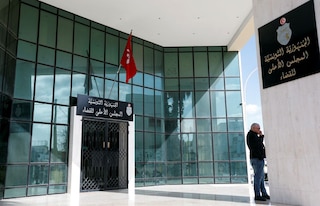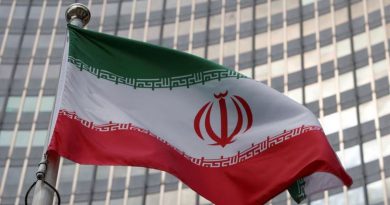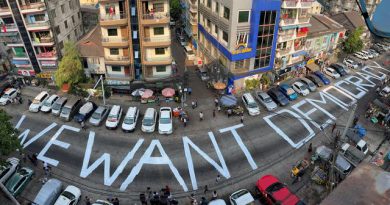Tunisian police close Supreme Judicial Council offices
Tunis (Reuters) – Tunisian police have locked the doors of the Supreme Judicial Council, its head told media on Monday, a day after President Kais Saied dissolved it, and have stopped staff from entering the building.
Saied’s announcement has raised fears for the rule of law in Tunisia after his seizure of almost total power last summer in a move his critics have branded a coup, with judges’ associations accusing him of an illegal act that undermines judicial independence.
“The president has moved to the stage of seizing institutions. What is happening is very dangerous and illegal,” said council head Youssef Bouzakher.
Saied has been consolidating his powers since last summer when he suspended parliament, dismissed the prime minister and said he could rule by decree, and he has grown increasingly critical of the judiciary.
A constitutional law professor before he ran for president in 2019, and the husband of a judge, Saied has accused Tunisia’s judicial hierarchy of being corrupt and serving the interests of political factions.
He has not embarked on a widescale campaign of arrests or tried to shut down debate inside Tunisia since last year, and has promised to uphold rights and freedoms won in the 2011 revolution that brought democracy.
However, security forces have pursued some politicians and business leaders on various charges and have pushed many of the cases through the military rather than civilian courts, raising concerns among rights groups.
Saied has said he will rewrite the constitution and put it to a referendum this summer but major political parties and civil society groups say any changes he makes should be based on dialogue.
Tunisia faces a looming crisis in public finances and a dire economy that threaten to hit living standards over the coming months, posing a major challenge to any efforts to enact significant reforms.


